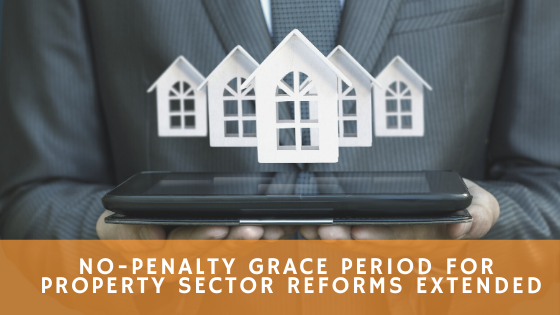
With Summer on our doorstep and restrictions easing, strata residents will be preparing for fun by the pool. Owners corporations need to remain vigilant about pool safety and compliance.
It’s the responsibility of owners corporations to maintain the best interests of their community, and this extends to safe-proofing communal areas and facilities such as pools and spas from potentially life-threatening situations. Additionally, any owners whose lot contains their own private pool will also need to meet these obligations.
Swimming pools are a great addition to any strata community, but without regular management, they can become a real risk, especially in communities with a high number of young families.
Under current restrictions, shared facilities can open as long as restrictions are in place, including physical distancing and hygiene. Most importantly, only one person per four square metres is allowed in each space.
These facilities can include:
- swimming pools, saunas and spas
- barbeques
- gyms
These facilities can be open for residents (as they aren’t a facility open to members of the public). However, facilities need to operate safely and comply with physical distancing and hygiene measures.
If an owners corporation temporarily closes facilities on the common property, a notice of closure must be posted so all residents are aware.
Pool users should be informed that:
- That use of pool is at their own risk
- To shower before and after use (in unit)
- Stay in their apartment if they don’t feel well.
- Sit on their own towels
- Wipe common areas used with a disposable paper towel, dispose of correctly and wash their hands after.
COVID restrictions are ever-changing. Keep up with NSW Public Health Orders and updates to stay informed.
Physical distancing
A limitation on numbers, based on the ‘one person per four square metres’ rule, must be first determined for each facility. However, managing both the limitation and physical distancing rules is difficult given that most facilities are unmonitored.
Hygiene
Owners corporations must consider cleaning common areas more frequently.
Frequent points of contact must be disinfected more regularly.
Strata managers, committees and contract cleaners must have procedures in place to ensure cleaning practices conform with the Department of Health’s environmental cleaning and disinfection-principles for COVID-19.
Speak with the strata managing agent or strata committee if you’re concerned about common area hygiene.
Considerations for evaluating whether facilities can be safely opened include:
- Can numbers be restricted
- Placing time limits on the use
- Using a booking system.
- Determining that residents should actively use the COVID App if they wish to use the facilities
- Having a sign-in register at each facility where residents must record their details (as has become the practice in restaurants)
- Clear signage stating 1.5-metre minimum must be adhered to, and the number of persons allowed in the facility at any one time
- Using social distancing markers
Listed below is information relating to swimming facilities for detailed consideration by all stakeholders when determining whether their pool is compliant.
In a strata or community scheme, the owners corporation is responsible for ensuring such pools are compliant with the Swimming Pools Act 1992.
CPR Signage
In case of an emergency the law requires that you have a cardiopulmonary resuscitation (CPR) sign displayed near your pool.
CPR signs are available from your local pool shop, council or community organisations such as St John Ambulance, the Australian Red Cross or Royal Life Saving.
The sign must be in good condition and able to be read easily from 3 metres.
From 1 September 2019, new CPR signs came into effect and all new pools must use the updated signage.
Fencing
Owners of properties with swimming pools must at all times:
- ensure that pools are surrounded with a child-resistant safety barrier that separates the swimming pool(s) from any residential building and any place adjoining the property
- keep closed the doors and gates that provide access to the swimming pool
- ensure that fences surrounding pools are designed, constructed, installed and maintained to comply with the relevant Australian Standards.
Note that portable and inflatable pools that are capable of being filled to a depth of 30cm (300mm) or more must also be surrounded by a swimming pool safety barrier and meet the requirements listed above.
Pool cleaning systems
There have been several incidents where children have become trapped in cleaning and skimming systems used in swimming pools.
The types of pool cleaning devices involved in these incidents have included:
- potty-style skimmer boxes
- in-floor cleaning systems using suction outlets that are located on the bottom of the pool.
All pool owners should:
- prevent anyone using their pool, particularly children, from playing with or near any pool outlets
- clearly label and know the location of the on/off switch for the pool filtration system
- display an approved cardiopulmonary resuscitation (CPR) sign in the pool area.
All pools must be certified and kept in good condition so ensure yours is up-to-date and well-maintained, especially if you have pool heating or cleaning systems. See to it that these are being taken care of effectively.













